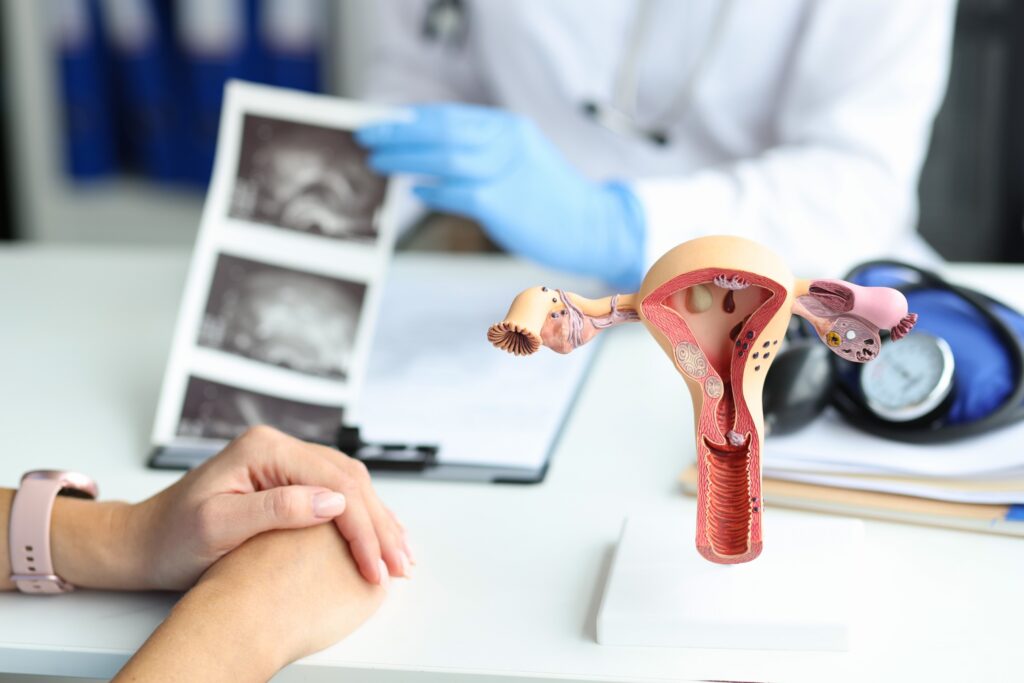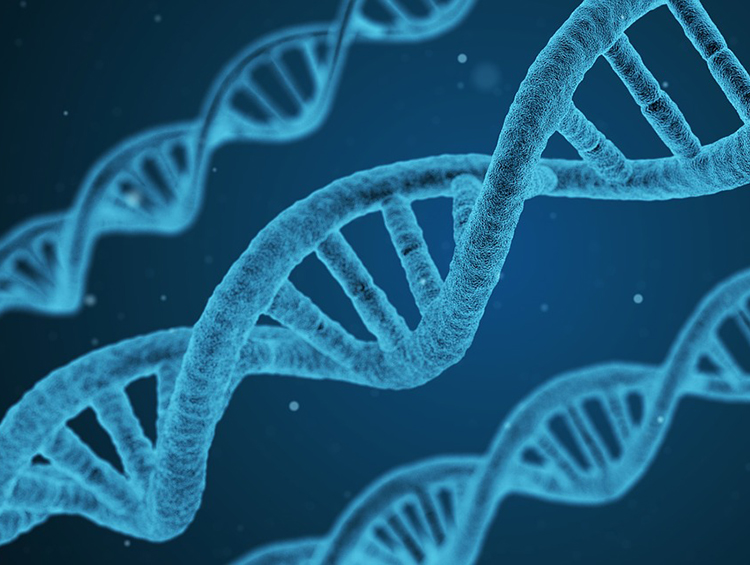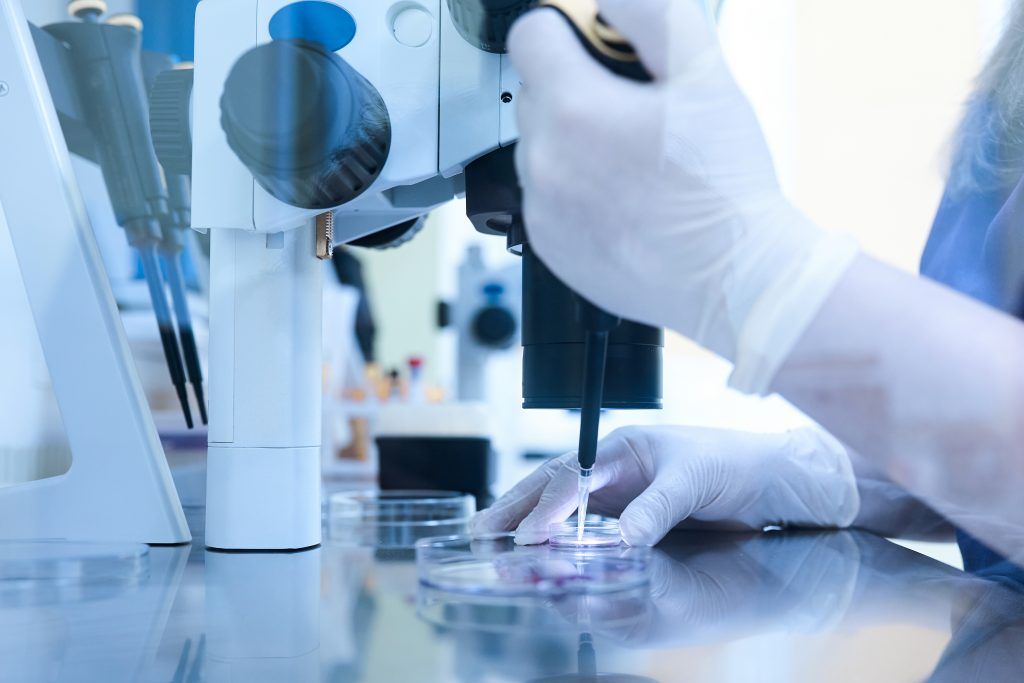The donation of embryos is becoming more common in fertility clinics. For couples, who opt to receive donated embryos (embryo donation), it is very important to know certain aspects of the donors. Although the Law of Assisted Reproduction does not allow to give personal data, in this post we explain who the donors are, why they do it, and how to apply to donate embryos.
Who are the donors of embryos?
The embryos for donation come from patients who have received a treatment of in vitro fertilization (IVF) with own or donated sperm and/or eggs. The majority of these patients have achieved a pregnancy, and having fulfilled their reproductive desires, they decide to donate, their surplus frozen embryos, for reproductive purposes.
What requirements do the donors of embryos meet?
Donors of embryos must meet the requirements of the Spanish Law of Assisted Reproduction. The age limit in the woman is 35 years old (at the time of IVF treatment) and 50 for the male, and there can be no hereditary disease in the donors or their families, as well as in the children born from eggs and sperm from the couple. In addition, at the time of freezing the embryos, donors should be psychophysically healthy and not suffer from infectious diseases transmissible to offspring.
Why do patients choose to donate embryos?
The main motivation for giving the embryos up for adoption is generosity. All couples or patients, who decide to donate their embryos, know what it means to live their infertility in first person, and what the treatment of IVF or egg donation implies (in all aspects). For this reason, they decide, with their embryos, to give a chance to other couples, to achieve their dream of becoming parents.
Is the donation of embryos the only option for those who have frozen embryos?
The donation of embryos is not the only option for couples who have frozen embryos and do not want to have more children. The Assisted Reproduction Law 14/2006 includes two other options: the donation for research purposes (based on a project properly submitted and approved by the competent health authorities, and with the written consent of the couple or the woman) and the cessation of conservation (if the legal requirements are met).
Why do not all couples choose the donation of embryos?
The main conflict that couples face when they think about the donation of embryos is the fact that there can be more “genetic children” or “genetic siblings of their children” born from the donation. For some people, this aspect is of great significance and they cannot accept it. For this reason, the donation of embryos is more frequent in couples who needed eggs or sperm from donors to achieve a pregnancy. These couples already exceeded many of the emotional conflicts related to their genetics at the time of their treatment. The fact of having received a gamete (egg or sperm) from a donor, also makes them more aware of the opportunity that donating their embryos can bring to others.
¿Can embryo donors know who is receiving their embryos?
The Law of Assisted Reproduction in Spain requires that gamete donation is anonymous and requires this anonymity also for embryos. Therefore, donor embryo couples may not know who is going to receive those embryos, in the same way that recipients may not know who they come from.
How are embryos donated?
When patients carry out an IVF treatment, they sign a consent that informs them about the possible destinations for the frozen embryos, if there are any. At the end of two years of freezing, if the couple have not used their embryos to get a new pregnancy, they shall be sent an annual consent, so that they can decide the end they want to give to their frozen embryos. In other words, every year, patients will receive a consent, in which it must be reported if they want to continue to maintain the embryos for their own use, or if they decide to donate them. When patients decide to donate their embryos within the first two years of freezing, they should get in contact with the clinic so that we can provide them with the necessary consent.
Can the donation of embryos be revoked?
Those who decide to donate their embryos can change their mind if their embryos have not been already transferred to another patient. There is not a maximum time limit for the revocation.
If you have more questions about the donation of embryos and want to know more aspects related to donors, we offer you a free first consultation. You can make an appointment through our website or by phoning 91 740 1690. We will be delighted to help you!
Dr. Laura Blasco Gastón – Gynecologist specialized in Assisted Reproduction




















